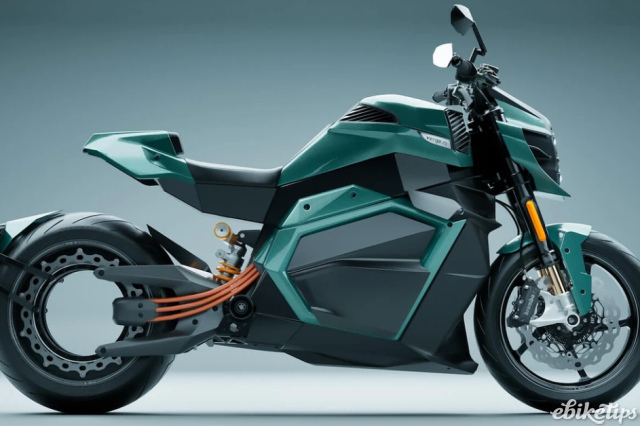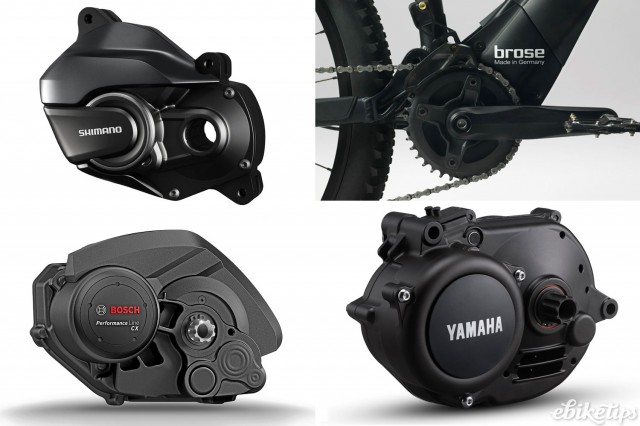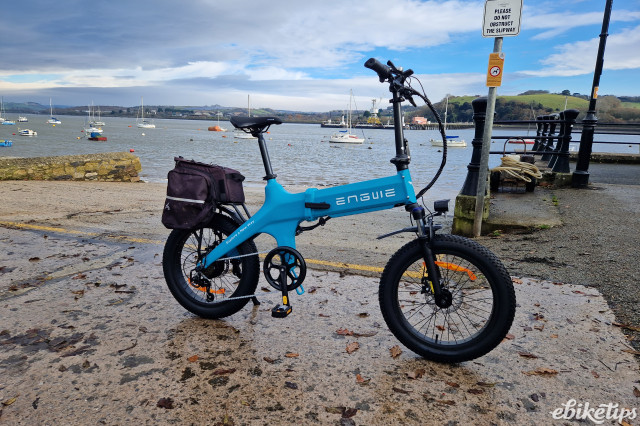Micro-mobility operator Bird says it will automatically slow the speed of its e-scooters to 8mph whenever they are in areas with large numbers of pedestrians, such as near schools, parks and shopping centres.
As the UK weighs up its various e-scooter trials, fears are often expressed about ‘speeding’ riders. However, most operators implement some sort of speed control of their vehicles using GPS technology.
In Newcastle, Neuron e-scooters have been limited to 9mph in the evenings, while Beryl are imposing a 3mph maximum speed in some parts of Bournemouth.
More recently we’ve reported on technology being tested by Voi that helps e-scooters ‘sense’ pedestrians and recognise pavements with a view to reducing speed, as well as similar pavement-detection software that is being implemented by Superpedestrian.
Bird’s geo-fencing system is initially being employed in Miami, Marseille and Madrid, but will be rolled out across all of the 250+ cities in which the firm now operates (including the ones that don’t begin with M).
As well as slowing the scooter, an in-app message will be sent to the rider, explaining the reason for the deceleration. The so-called Community Safety Zones will also be clearly visible on the app’s map.
The firm also announced a significantly less technologically sophisticated measure for tackling the problem of knocked over e-scooters.
Bird’s e-scooters sport an anti-tip kickstand as well as tip detection technology through which the fleet management team can identify when one’s been knocked over.
To these, Bird are adding ‘Please Help Me Up’ stickers, which are being applied to the underside of each scooter, “to encourage the community to pick them up if they have been overturned.”





